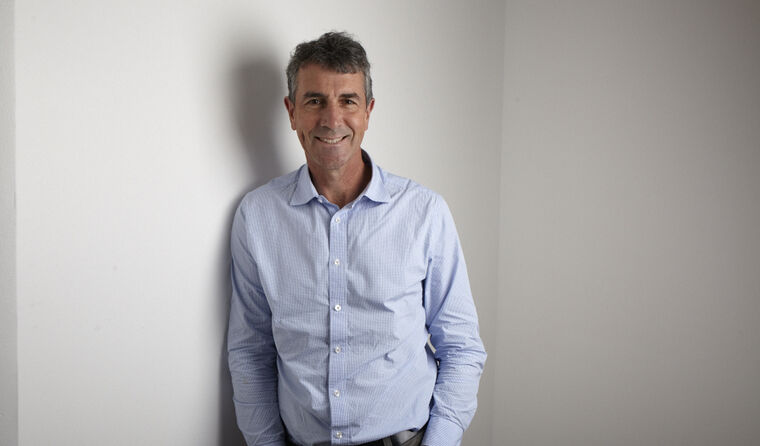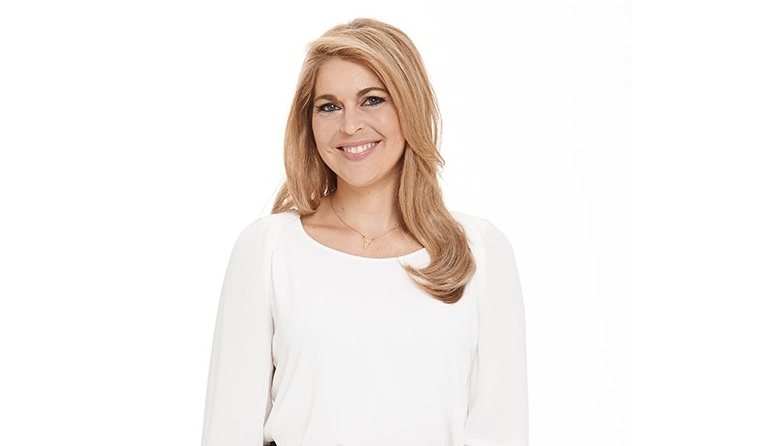Feature
When celebrities and influencers talk health: Part 2
Five doctors discuss the benefits and pitfalls of celebrity influence on health, including disclaimers, paid advertisements and remedies.
 The TGA advertising code for regulated medicines was updated earlier this year and now also applies to social media influencers.
The TGA advertising code for regulated medicines was updated earlier this year and now also applies to social media influencers.
Celebrities and influencers have great reach into people’s hearts and minds.
In our first article, we examined the benefits of this, such as engaging underserviced populations with heart checks and bowel cancer screening.
We also explored what happens when their influence goes against medical advice or conflicts with accepted best practice, leading lead to harm or overdiagnosis/overtreatment.
In part two, newsGP looks into the issue of social medial disclaimers, paid ads and potential solutions.
Disclaimers and paid ads
A proposed solution to countering medical misinformation on social media from influencers and celebrities is the use of disclaimers.
However, Dr James Kite, a lecturer of disease prevention and health promotion at Sydney School of Public Health, is sceptical about the potential benefits.
‘I don’t think disclaimers on social media are likely to do anything,’ he told newsGP.
‘Partly because of the nature of social media – where and when would you put the disclaimer – and partly because celebrities are trusted voices for their fans, so a disclaimer would be dismissed as not applying to this particular celebrity.’
GP Dr Preeya Alexander, who runs an Instagram page promoting evidence-based medicine, is also unconvinced about their utility.
‘I think there needs to be more regulation of unqualified influencers sharing health information,’ she told newsGP.
‘How this would work I do not know. Trust me, I have spent hours thinking about this and I can’t settle on a solution.
‘But I do think having qualified voices in this space being highly regulated while unqualified ones are free to share whatever they like is not working.’
Another issue, according to GP and radio personality Dr Sam Hay, is that disclaimers on social media would be hard to implement and may lead to fewer qualified people speaking out.
‘It’s a form of communication and I wouldn’t [discuss medical issues online] if I had to [include disclaimers],’ he told newsGP.
‘It may lead to good clinicians saying it’s too hard and not worth it, and that would lead to less people having voices.’
For Associate Professor David Smith, an epidemiologist and health service researcher at The Daffodil Centre, one of the problems with developing restraints or frameworks for discussing medical issues online is that social media is difficult to control – and can often lack nuance.
‘Government regulatory authorities try to ensure that commercial interests do not use celebrity endorsements as a mechanism for promoting false health claims for registered therapeutic goods,’ he told newsGP.
‘However, the successful pairing of social media stories and alignment with clear public health messaging is something that those working in health promotion can take note of. A good example of this is the messaging that arose from the media of Jade Goody in the UK. Her diagnosis, treatment and death from cervical cancer garnered huge media attention.
‘But what it showed was that very few primary prevention health messages were aligned with the human story. Sometimes doing this sympathetically is challenging, when some of the primary prevention messages can involve discussions around sexual history.’
It is a point shared by GP and TV doctor Dr Ginny Mansberg, who says examples of celebrities and influencers promoting this kind of healthcare messaging are few and far between.
‘Gen Xers mostly haven’t been vaccinated against HPV and they are in the peak time for divorce, in their 50s, and they’re dating again so they are at high risk of cervical cancer,’ she said.
‘Celebrities are quick to come out with breast cancer diagnoses now, there are so many of them, and we know that is associated with marital security. But cervical cancer is usually not disclosed and there are higher rates of divorce associated with it.
‘Imagine if we had more celebrities disclosing cervical cancer. It could change the outcomes.’
 Associate Professor David Smith says it can be difficult to present primary prevention health messages sympathetically.
Associate Professor David Smith says it can be difficult to present primary prevention health messages sympathetically.
So, if celebrities are hesitant to talk about these topics, what about doctors themselves? In 2021, they held the position of most trusted profession in Australia and are well-placed to provide informed comment. But they also seem to be more closely regulated than typical social media content producers.
These regulations caused controversy when COVID-19 vaccine misinformation was rife, but Dr Mansberg says they can be important, especially when considered alongside the faith many people place in public figures.
‘The TGA updated the code for regulated medicines earlier this year and it’s meant to apply to all influencers,’ she said.
‘There are many that don’t comply with the code, including some doctors, and anybody who doesn’t is doing the profession and themselves a disservice.
‘There are a lot of paid ads that haven’t got disclaimers on social media, and I urge all doctors to stick to the code.’
Dr Alexander sees these same challenges.
‘As health professionals, we are heavily regulated, as I think we should be, to ensure information shared is accurate and evidence based,’ she said.
‘The same standards, however, don’t apply to celebrities and influencers without qualifications in health and their voices are often much louder, their platforms much larger.’
The remedy
‘We should have medical bodies like the RACGP jump on the radio and TV with campaigns when there is a topical issue to join the dots for the public and use what’s happening in their newsfeed to get them in the consulting room door for preventive health reasons,’ Dr Alexander said.
‘We could do far more, I think, to positively harness the momentum.’
Meanwhile, Dr Hay cannot see an easy answer.
‘Perhaps if you have AHPRA registration you shouldn’t have to give a disclaimer, I don’t know,’ he said.
‘A lot of thought and consultation would have to be put into it with lawmakers, insurance companies, health policy and doctors.
‘Maybe you should just talk about what you know. If I comment on chemotherapy for breast cancer, it’s way out of my lane.’

Dr Ginny Mansberg believes more needs to be done to engage the public when it comes to health.
Dr Kite says healthcare experts and institutions should be prepared to respond to celebrity output.
‘I think all government and non-government organisations can do is be prepared to respond to celebrity health events when they arise, whether that is using them as opportunities to promote a public health outcome or countering misinformation and disinformation,’ he said.
‘They should have standard responses [and] strategies that they employ in these circumstances. There are policy options that are also worth exploring.
‘The recent change by the TGA to restrict health claims that social media influencers can make and the circumstances in which they can make them is a good example.’
Dr Mansberg says communication and innovation is key.
‘We need to bring more mountains to Mohammed. For doctors, health is of high order value. For the general population it isn’t,’ she said.
‘We haven’t always found a good way to engage people and issues are a sitting duck if they aren’t talked about. We need to fill that space, otherwise celebrities will with non-evidence-based care.’
Harnessing the reach of celebrities and influencers and engaging them can affect positive outcomes, according to Dr Alexander.
‘I have seen patients come into my consulting room for skin checks when Hugh Jackman shared his journey. During the COVID vaccine rollout, I saw some influencers have a powerful voice and influence in a positive manner,’ she said.
‘During this time, I did liaise with several influencers to gently remind them that with a big platform comes great responsibility, a bit “Spider-Man-y” I know, but it’s true. These individuals can affect positive health change and hero public health initiatives.
‘Wouldn’t it be cool if Alec Baldwin reminded people to be up to date with bowel cancer screening? If Beyonce talked about having her blood pressure checked? If Cate Blanchett reminded everyone about their cervical cancer screening test?
‘A lot of good could be done in this space. And the voices of qualified health professionals on these platforms could be amplified too.’
Log in below to join the conversation.
celebrity influencers medical misinformation public health social media
newsGP weekly poll
Are you interested in prescribing ADHD medication?